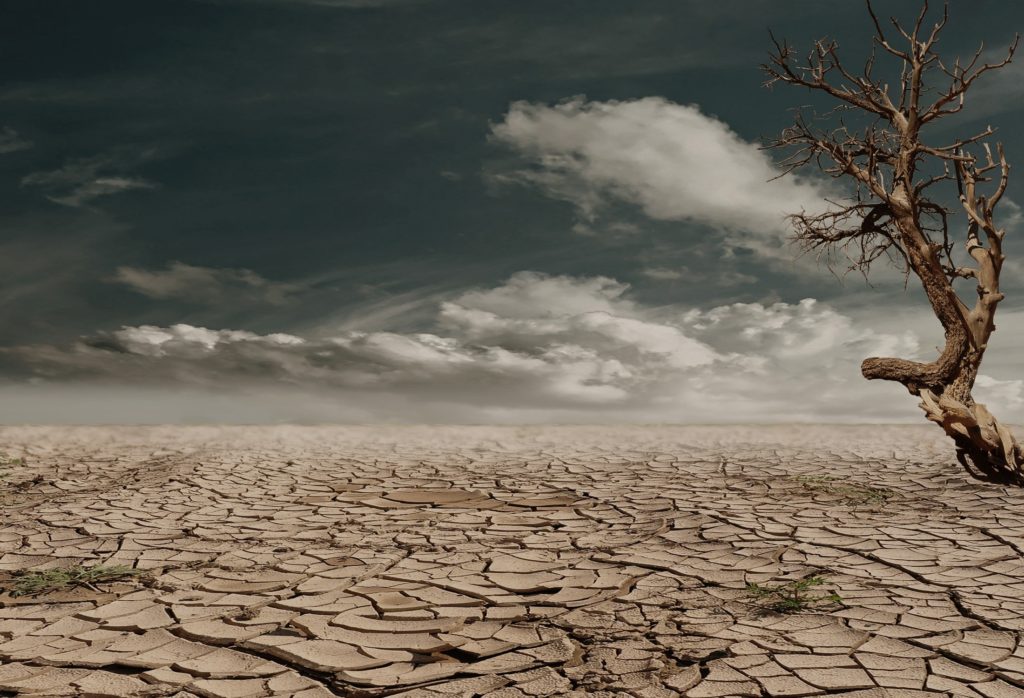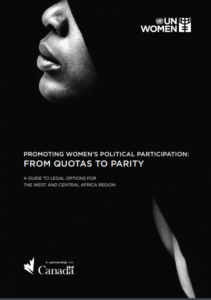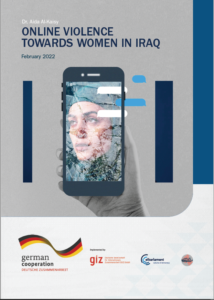- Country: Iraq
- Project duration: February to July 2022
- Project objective: Assessing feasibility of creating a climate and environment institute in Iraq
- Project events: Stakeholder mapping, dialogue with stakeholders, development of a strategy paper, feasibility study.
Iraq Thinks Ahead – An Iraqi Climate and Environment Institute

Background:
Iraq has been experiencing severe drought in recent years, threatening to exacerbate an already unstable situation. Water demand is expected to increase in the future due to a rapid population growth (2.3% growth in the country compared to 1.1% globally), while the amount of available water will continue to decrease due to a decrease in precipitation (-9% by 2050), an increase in temperature (+ 2 °С in 2050), and the spread of longer and more severe droughts. According to the Iraqi Minister of Water Resources, the country is expected to face a water shortage of 10.5 billion cubic meters in 2035.
Iraq has so far failed to successfully address the consequences of climate change – particularly in the areas of water and agriculture. Although there are numerous government ministries, councils and committees dealing with the issue, it lacks of independent institutions, research and well-trained scientists. Serious dialogue between government, academia and civil society on the impacts of climate change and measures to adapt to it is hardly taking place. Awareness among the population regarding climate change is low. There is a lack of public information, knowledge, and research on climate-smart action that actively engages the population.
The long-term goal of the project is to assist Iraq in reducing greenhouse gas emissions. In order to advance with the development of a more solid climate and environmental policy, this study will examine the feasibility of a climate and environment institute in the country. This institute would be responsible for:
- Research and policy advice
- Implementation of dialogue programs between civil society and governmental stakeholders
- Establishment of sustainable networks for specific groups of stakeholders (e.g. women in climate change)
- Capacity building and scientific exchange
- Knowledge management at national and regional level
This project is funded by the Deutsche Gesellschaft für Internationale Zusammenarbeit (GIZ) GmbH 

